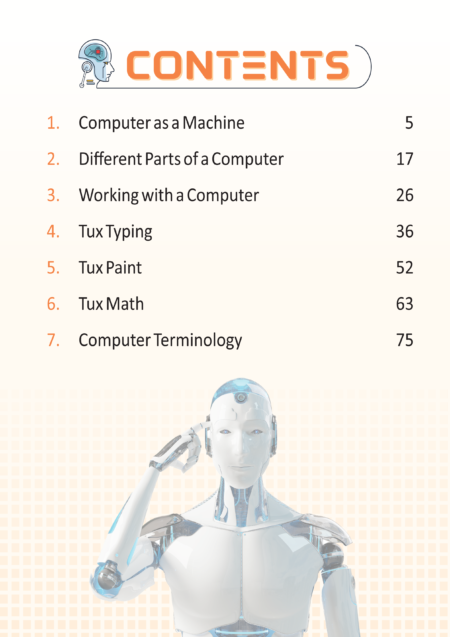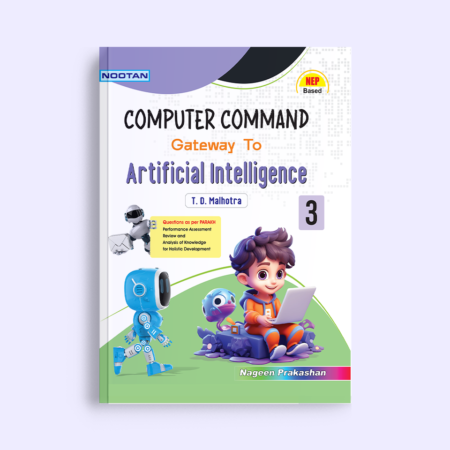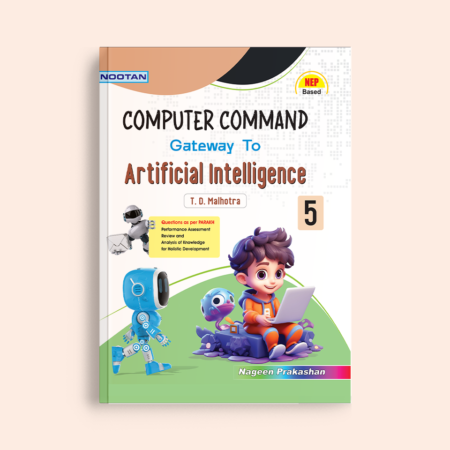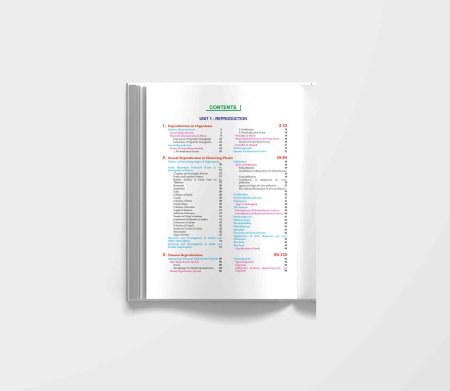Introduction to CBSE Board
The Central Board of Secondary Education (CBSE) is a prestigious national education board in India, recognized for its comprehensive curriculum designed to foster holistic education. It serves as the foundation for millions of students, setting high standards in educational practices and student assessment.
Understanding CBSE: What Is CBSE Board?
CBSE, established to provide a uniform curriculum for a diverse and multicultural nation, focuses on preparing students for advanced studies and professional success. Its balanced approach to academics, sports, and extracurricular activities makes it a preferred choice for parents and educators.
History and Evolution of CBSE
Tracing its roots back to the post-independence era, the CBSE has evolved significantly, adopting innovative teaching methodologies and integrating technology into education. This journey reflects its commitment to adapt and grow in response to the changing educational landscape.
CBSE Board Structure and Organization
Structured to ensure decentralized management and operational efficiency, the CBSE’s organization includes regional offices responsible for specific geographic areas. This setup supports schools, conducts examinations, and maintains educational standards nationwide.
CBSE Board Examinations: Overview
CBSE conducts pivotal exams like the AISSE (Class 10) and AISSCE (Class 12), renowned for their rigorous standards. These exams assess students’ knowledge and skills as crucial milestones for higher education and career paths.
CBSE Syllabus and Curriculum
The CBSE syllabus is carefully curated to encompass various subjects, emphasizing critical thinking and problem-solving skills. It aims to prepare students for global challenges, offering a blend of academic and practical knowledge.
Benefits of Studying under the CBSE Board
Studying under the CBSE Board offers numerous advantages, including a student-centered approach, a wide array of academic and vocational subjects, and preparation for competitive exams, making it an attractive choice for holistic education.
Comparison: CBSE vs. Other Educational Boards
CBSE stands out for its forward-thinking curriculum and emphasis on national integration. Its comparison with other boards highlights its unique educational approach, balancing traditional values with modern educational practices.
CBSE Board Affiliated Schools
CBSE-affiliated schools are spread across India and abroad. They are recognized for their academic excellence, quality of education, and adherence to the board’s guidelines and standards, ensuring a uniform educational experience for all students.
CBSE Board Results and Grading System
The CBSE grading system is designed to assess student’s performance holistically, focusing on a continuous and comprehensive evaluation. It aims to reduce students’ stress and provide a more balanced and fair assessment of their abilities.
CBSE Board Resources and Support
CBSE provides many resources and support for students and teachers, including study materials, teacher training programs, and online platforms. These resources enhance the educational experience and support academic success.
Guidelines for CBSE-Affiliated Schools
CBSE-affiliated schools must adhere to strict guidelines, ensuring high education standards, infrastructure, and faculty qualifications. These guidelines reflect the board’s commitment to quality education and student welfare.
CBSE Board Initiatives and Programs
CBSE introduces various initiatives and programs focused on innovation in education, environmental sustainability, and digital learning. These efforts aim to prepare students for the future, fostering a culture of learning and growth.
Stay Updated: Latest News and Updates from CBSE
Staying informed about CBSE’s latest news and updates is crucial for students and educators alike. Regular updates ensure stakeholders know about policy changes, exam schedules, and educational resources.





































